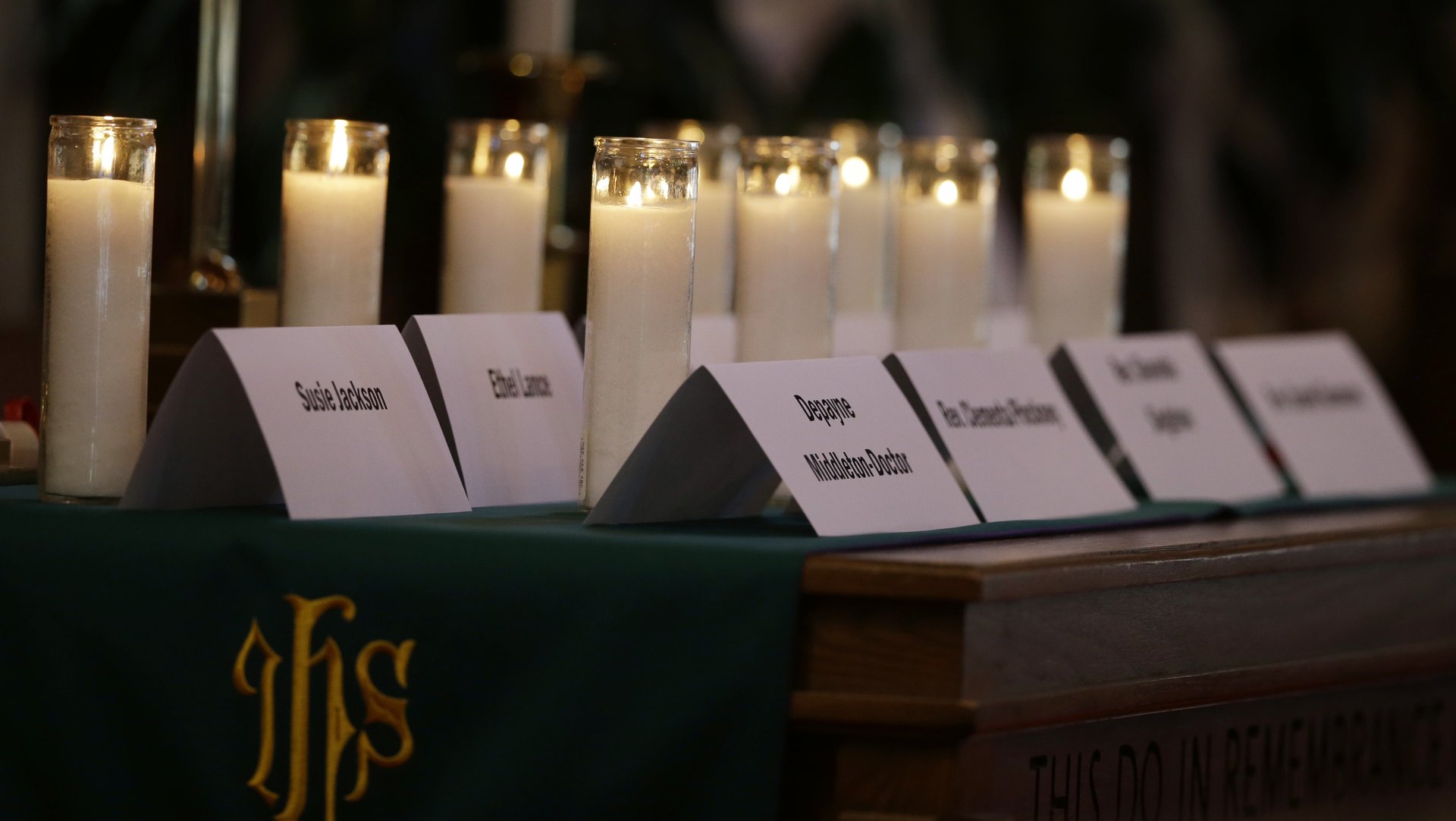A US professor crowdsourced this powerful syllabus after the Charleston shootings
Last week, Brandeis University professor Chad Williams saw countless news stories and social media conversations about the shooting at a historically black church in Charleston, South Carolina, in which a white man allegedly killed nine black people. What he did not see was historical context.


Last week, Brandeis University professor Chad Williams saw countless news stories and social media conversations about the shooting at a historically black church in Charleston, South Carolina, in which a white man allegedly killed nine black people. What he did not see was historical context.
So Williams, chair of the school’s African and Afro-American studies department, started a hashtag.
“When events like this happen, or really anything having to do with race, I think there’s an impulse to start talking—’We need to have a conversation, we need to have a dialogue,'” Williams tells Quartz. “All too often those conversations are rooted in emotions, in feelings, rather than historical facts.”
And the suggestions started flowing.
Keisha Blaine at the African American Intellectual History Society collected the many tweets and compiled them on Goodreads and into a syllabus on its website, organized by category. There are more than a hundred books on the list and more than a dozen subsections.
There are many readings on the history of slavery and white supremacy, and some overlap with the Ferguson Syllabus that came from a social media hashtag last year. There are also options for young readers, and readings very specific to the historical context of this event: the intersection of race and religion, poetry, white racial identity, histories of the Confederate Flag, primary sources, and multimedia that teachers can use.
The list has gained national media attention, with stories in the Chronicle of Higher Education, Fusion, and NPR. As more people learn about the convenient and organized list, they have less of an excuse for uninformed discussions, Williams says.
“We can hold people accountable, whether it’s the media, whether it’s our elected officials, whether it’s our teachers in the classrooms. We as concerned citizens need to empower ourselves,” Williams says. “There is no excuse. There’s only willful ignorance.”